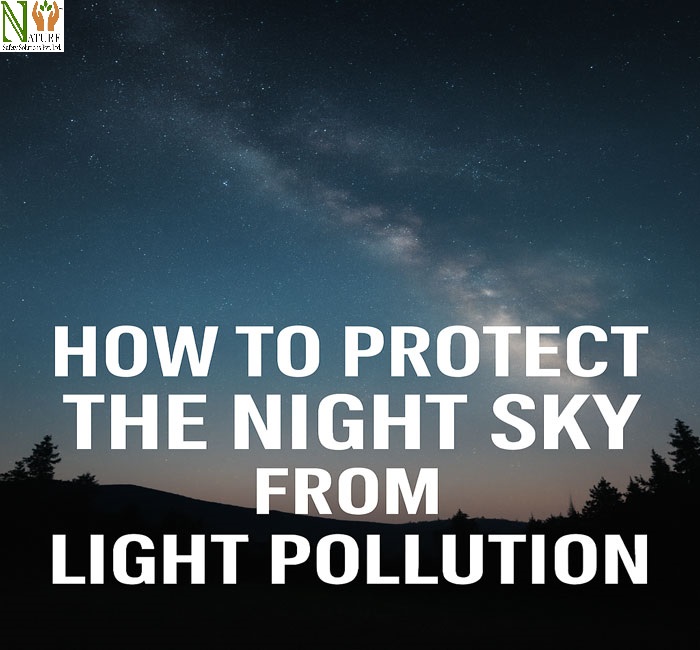For most of human history, people looked up at the night sky and saw thousands of stars. Today, in many towns and cities, only a few are visible. The reason is light pollution. Too much artificial light has made the stars fade from view.
Light pollution is more than just an inconvenience for stargazers. It affects wildlife, human health, energy use, and our connection to the universe. The problem is serious, but it is also one we can solve. This guide explains what light pollution is, why it matters, and how we can all help protect the night sky.

What Is Light Pollution?
Light pollution happens when artificial light spills into places where it is not needed. This can take several forms:
- Skyglow – the hazy glow above cities caused by streetlights and buildings.
- Glare – bright or poorly designed lights that make it harder to see clearly.
- Light trespass – when light shines into places it does not belong, such as a porch light shining into a bedroom.
- Clutter – too many bright lights crowded in one area, like neon signs or highways.
Together, these forms of pollution hide the stars and disturb natural darkness.
Why Light Pollution Matters
Impact on Nature
Many animals depend on natural light cycles. Birds often use stars to navigate during migration. Bright city lights confuse them, leading to collisions or long, exhausting journeys. Sea turtles can mistake streetlights for the moon, moving toward danger instead of the sea. Even insects, which pollinate plants, are trapped by artificial lights.
Impact on People
Humans also need natural darkness. Too much artificial light can affect sleep, increase stress, and harm health. Exposure to bright lights at night disrupts our body clock, which depends on the rhythm of day and night.
Energy and Climate
Light that shines into the sky instead of onto the ground wastes electricity. Wasted energy increases costs and adds to carbon emissions, which contribute to climate change.
Losing the Stars
There is also a cultural loss. The night sky has always been a source of inspiration, science, and stories. Without the stars, we lose part of our shared human history and our connection to the universe.
How We Can Protect the Night Sky
The good news is that light pollution can be reduced quickly. With a few changes, the stars can return.
At Home
- Use curtains or blinds to keep indoor light from leaking outside.
- Replace old bulbs with energy-saving, warm-colored ones.
- Only use outdoor lights where necessary, and point them down at the ground.
Outdoors
- Add shields to lamps so they light only what needs to be lit.
- Use motion sensors or timers so lights turn on only when needed.
- Avoid bright, white lights and choose softer options instead.
In Communities
- Support local rules that limit unnecessary outdoor lighting.
- Ask businesses and public buildings to reduce light at night.
- Join or support groups such as the International Dark-Sky Association (IDA) that work to protect natural skies.
By Raising Awareness
Most people do not realize that light can be a form of pollution. Talking about it helps. Invite friends or family to a stargazing night. Show them the difference between a dark sky and a polluted one. Sharing the beauty of the stars can encourage more people to take action.
The Benefits of Reducing Light Pollution
Cutting down on wasted light brings quick and visible results:
- The stars return. A darker sky reveals the beauty of the universe above us.
- Wildlife thrives. Animals are less disturbed when their natural rhythms are restored.
- Health improves. Better sleep and reduced stress come from living with natural darkness.
- Energy is saved. Lower bills and fewer carbon emissions benefit both people and the planet.
- Safety increases. Focused, well-designed lighting makes streets clearer and safer to navigate.
The night sky is a shared treasure. By protecting it, we not only gain practical benefits but also something far more valuable—the chance to look up, feel inspired, and reconnect with the wonder of the stars.
Also read:-
